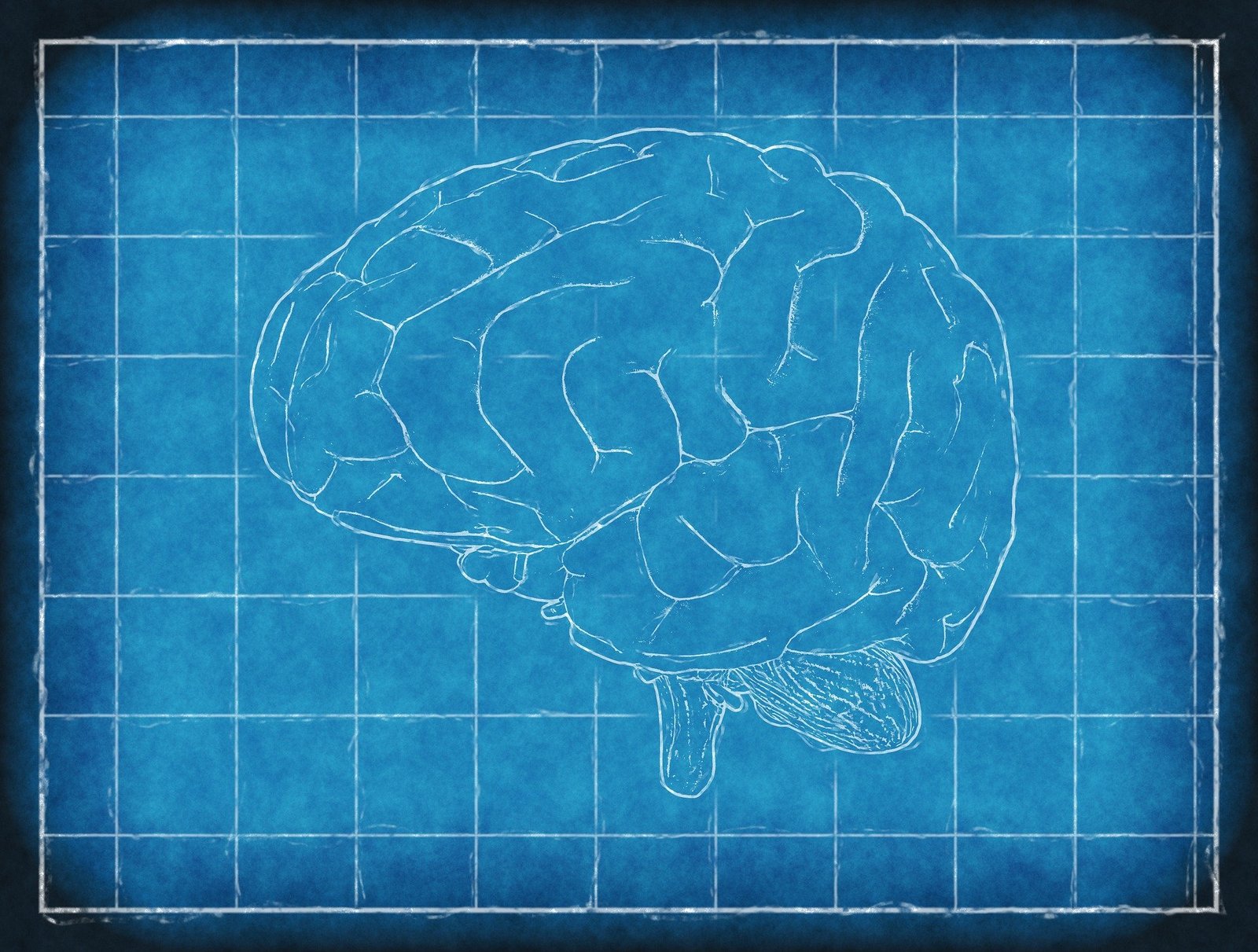Self-control is being forgotten in the drive for self-esteem, rendering us less happy, less empathetic and less able to cope with life.
As rational beings, we have the ability to subdue our impulses and emotions in order to achieve longer-term goals. This ability, known as self-control, is key to human progress and wellbeing. A civilized society would not be possible without it. Yet we live in a culture where emotional reasoning and impulsive behavior are encouraged. There seems to be an underlying assumption that emotion is a better guide than reason, even in areas such as politics and academia, where rational discourse is essential.
When it comes to negative emotions, self-control has largely been replaced by what psychologists call avoidance coping. In our current culture, there is a tendency to avoid anything that may cause emotional discomfort, especially to young people. Not incidentally, normal negative emotions have been pathologized and catastrophized, leading to a perceived “mental health crisis.” However, “feeling negative emotions is not a mental illness,” according to mental health expert Stanley Kutcher. In fact, “normal negative emotions actually promote growth and are essential for human development and adaptation.”
Yet many educators have bought into the idea that negative emotions are inherently harmful and must be prevented. Rather than learn how to overcome stress, anxiety, and frustration by practicing self-control, young people learn to use their emotions as an excuse to avoid challenges and difficult situations. This prevents them from developing emotional resilience and sets them up for failure in the long run. College students’ insistence on safe spaces, trigger warnings, and other protective measures is indicative of this phenomenon.
In The Coddling of the American Mind, authors Greg Lukianoff and Jonathan Haidt draw attention to the fact that when today’s young adults, especially those born after 1995, grew up, they spent far less time without adult supervision than previous generations had done. This was due to “well-intentioned overprotection” and may explain the widespread lack of self-control and emotional resilience in this cohort. After all, it is largely through unsupervised play that children learn to deal with socioemotional challenges and to self-regulate their emotions and behaviors in difficult situations.
Another factor may be that there is an overemphasis on self-esteem at the expense of self-control in contemporary culture. This reduces incentives for self-improvement while at the same time instilling unrealistic expectations and a sense of entitlement in young people. As a consequence, many of them externalize their faults and failures by blaming others, as this allows them to preserve their idealized self-image. Thus, they have little incentive to work on or control themselves and every incentive to vilify others.
This psychological defense mechanism seems to play a major role in today’s “callout culture,” where status and recognition are gained through denunciation. People are thus encouraged to take offense and be outraged at even the smallest infraction. Demonstrating an acute lack of self-control and emotional resilience, this trigger-happy mindset is an indicator for emotional immaturity, which is pervasive in our society—or as author and comedian Stephen Fry has put it, “There is deep infantilism in the culture.”
This also applies to politics. The current political climate is characterized by a conspicuous lack of self-control. Emotions dominate contemporary politics. This partly explains the extreme ideological polarization that we are currently seeing. It’s also one of the reasons why it has become increasingly difficult to have a civil discourse. Offense and outrage have largely replaced rational argument, and disagreement is often seen as a threat. Having their beliefs challenged makes many young people feel “unsafe.” Ideological echo chambers, whether in the form of safe spaces, information bubbles or partisan educational institutions, provide protection.
Politics, as distinct from ideology, is closely related with self-control. Ideology implies tribal, dogmatic, and absolutist thinking, whereas politics is, in essence, about compromise and negotiation “without a goal other than the peaceful coexistence of rivals,” as philosopher Roger Scruton puts it. Teaching us that productive, goal-oriented behavior involves trade-offs, self-control enables us to rise above ideology and to engage with people with whom we disagree. It also teaches us to appreciate incremental progress, which is anathema to radical ideologues.
Many people equate self-control with self-denial, but nothing could be further from the truth. Self-control does not imply a suppression of emotions, nor does it entail a loss of freedom. It’s about controlling our emotions, moods, and appetites rather than letting them control us. This gives us more freedom of decision, makes us less susceptible to self-deception, and allows us to self-actualize more fully.
Nor is self-control to be confused with self-centeredness. On the contrary, self-control is correlated with altruism, the reason being that, in order to delay gratification and exert self-control, we have to take the perspective and consider the needs of “someone else,” namely our future selves. The social benefits of this are legion. Self-control makes us more reliable, more responsible, and more useful to others—but can it also make us happier?
If happiness is a function of meaning, then, yes, self-control can make us happier. We draw meaning from creating value for ourselves and others. Self-control is highly conducive to this often challenging process. In fact, enduring and overcoming adversity is itself a source of meaning. Taking charge of a difficult situation may cause stress and negative emotions, but it’s much more meaningful and empowering than the momentary feeling of relief that comes from surrendering control. As Lucifer famously declares in Milton’s Paradise Lost, “Better to reign in Hell, than serve in Heaven.”
There “is no short cut to the good life, whether individual or social,” writes philosopher Bertrand Russel, “To build up the good life we must build up intelligence, self-control and sympathy.” Self-control plays a key role in this process. Intelligence, which is correlated with self-control, is important, but it’s not itself productive. In the words of social economist Thomas Sowell, “It doesn’t matter how smart you are unless you stop and think.” Sympathy, Russel’s third variable, is defined as “an emotional response, elicited by the emotional state or situation of the other person.” Being predicated on subjective emotions and personal biases, it’s an unreliable basis for human progress and happiness.
Both intelligence and sympathy are essential to human flourishing, but we need self-control to direct our thoughts and feelings into the right channels. This, in turn, necessitates a rational framework for decision-making: What can I know?; What may I hope?; and What should I do? (as Kant put it).
Another, related question is: What can I control? Many of the things that affect us emotionally are beyond our control, either because we don’t understand them, or because we have no power over them. In any case, it’s futile, and often counterproductive, to try to control them. It is possible, and useful, however, to practice self-control. This requires that we put our subjective feelings into perspective and align them with what we know to be true based on objective criteria.
Anger is a good example. Often, when we get angry, the cause of our anger is insignificant or outside our control. Either way, there’s no point staying angry. This realization puts us in a better position to control feelings of anger without suppressing them, thus improving our quality of life. This is not to say that anger has no place in a good life. After all, it’s the driving force behind many creative projects. Punk rock, for example, is fueled by anger. As punk icon John Lydon puts it, “Anger is an energy.” However, angry music is controlled anger.
Nor is emotional decision-making inherently bad. It has been argued that intuition, or “gut feeling,” is based on a complex “web of fact and feeling” which “connects your body, mind, and spirit, and how those three elements have digested everything from your past.” Which makes sense from an evolutionary perspective. However, our impulses and emotions evolved in an environment that bore almost no resemblance to our modern, civilized world. This is partly why our “gut feelings” often don’t correspond with objective reality, and why self-control and rational discourse are so important.
Ironically, though, our ability to reason is one of the greatest obstacles to self-control. Reasons to justify, or rationalize, emotional decisions are relatively easy to come by. The crucial question, however, is whether those reasons are good reasons, or whether they lead us astray. To answer this, we must recognize and overcome our emotional biases.
This is especially important in intellectual life. As Sowell notes, “Intellect is not wisdom.” Like everybody else, intellectuals are prone to self-deception due to the fact that humans, in general, form emotional attachments to their beliefs. This is where self-control comes in. In Sowell’s words:
The precise definition of terms, the careful construction of causal links . . . all this requires not only skill but discipline and dedicated efforts. To the extent that one has become emotionally committed to, or publicly identified with, a particular theory, its failure in the face of evidence imposes psychic costs that can be painful.
It’s through self-control that we deal with the emotional costs of being wrong. The alternative is to simply insist on being right, but that’s not how intellectual progress is made. In other words, self-control is central to an enlightened society.
The ability to regulate our emotions and behaviors plays a critical role in our public and private lives, as it allows us to pursue and create meaning and value even—or especially—in the face of adversity. It may not always be easy to exercise self-control, but one thing is for sure: our culture’s current preoccupation with emotions is not helpful.








Article Discussion